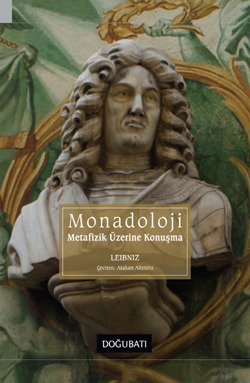What do you think?
Rate this book


128 pages, Paperback
First published January 1, 1714
A machince constructed by man’s skill is not a machine in each of its parts; for instance, the teeth of a brass wheel have parts or bits which to us are not artificial products and contain nothing in themselves to show that the use to which the wheel was destined in the machine. The machines of nature, however, that is to say, living bodies, are still machines in their smallest parts ad infinitum. Such is the difference between nature and art, that is to say, between divine art and ours.